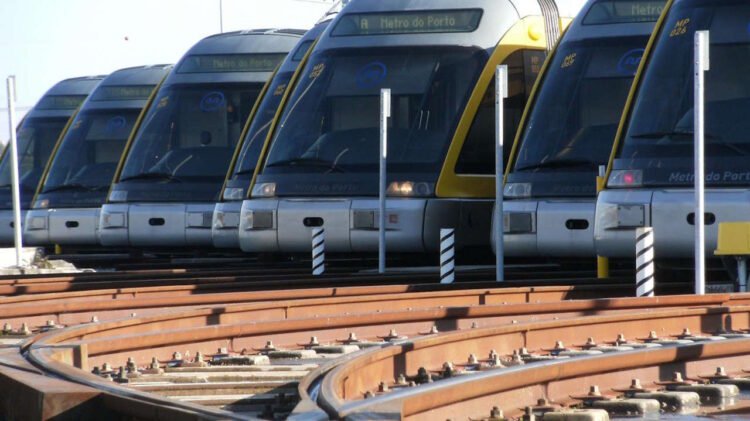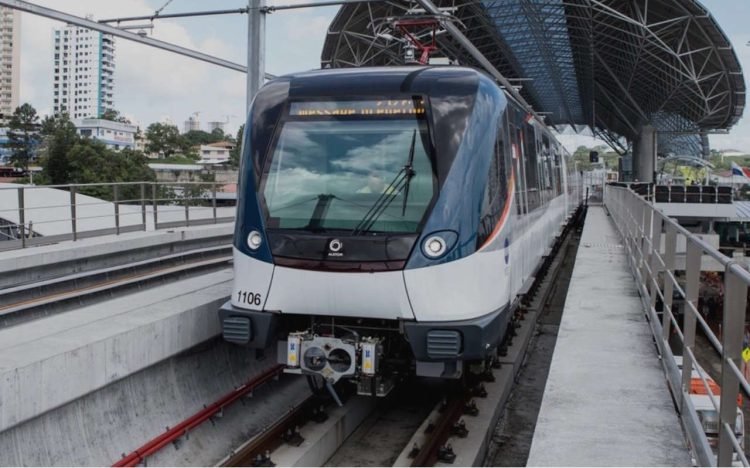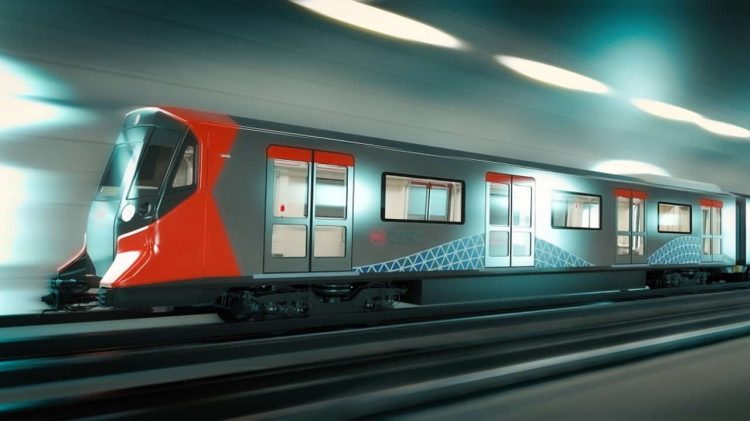Alstom has been awarded a contract to supply the signalling, safety, and control systems for the new pink Metro line in the city of Porto in Portugal.
Alstom will utilise its Cityflo 250 signalling system, which includes state-of-the-art interlocking and allows the integrity of the trains to be monitored in real-time.
Systems engineering and development will be carried out locally at Alstom’s site at Maia in Porto.

The first section of the pink line, from S. Bento to Glorieta de Boavista, will be 3 km long with four underground stations, and improve access to the Porto city centre.
Once it is in operation, Metro expects passenger numbers to increase rapidly, with 30 million passengers in the first full year of operation.
With the opening of this new line, it is expected that the use of private vehicles will significantly reduce, and contribute to a reduction in traffic congestion and a saving of almost 1,500 tonnes of CO2 emissions per year.

Metro de Porto plans to expand the Pink Line, so that it will eventually become a circular route around the city which connects with all other Metro lines.
The Metro do Porto system currently comprises six lines with a total of 78 km of track on which around 70 million passengers travel each year.
Alstom supplied all 102 of the trains currently in service with Metro de Porto as well as their onboard signalling systems.
It is a great honour for Alstom to partner again with Metro do Porto, to improve mobility for citizens and tourists in Porto.
David Torres, Alstom in Portugal Managing Director
It also supplied the onboard Automatic Train Protection (ATP) system for 18 trains recently added to the fleet.
Metro de Porto is just the latest contract that Alstom has secured in Portugal, where it has had a presence for over 30 years.
Two out of three trains currently in service in Portugal, including high-speed, regional, metro, and tram trains, were either manufactured by Alstom or incorporated Alstom technology.

Alstom’s ATP system is responsible for controlling over 1,500 km of the Portuguese rail network and over 500 trains.
In 2022, Alstom secured a contract to supply a state-of-the-art signalling system to Metro de Porto’s yellow line and opened an Engineering and Innovation centre at Maia on the outskirts of Porto.
As part of the development of Porto’s network Alstom is drawing on 30 years of expertise in communications-based train control (CBTC), which has been supplied to over 190 metro lines in 32 countries.
Alstom aligns its developments with customer requirements for low-carbon solutions, including high-speed trains, metros, monorails, trams, turnkey systems, services, infrastructure, signalling and digital mobility.
We will develop this project from our engineering facilities in Maia, where we lead signalling projects and digital mobility technologies for the Portuguese and international market.
This project is a proof of our commitment to promote sustainable mobility in Portugal.
David Torres, Alstom in Portugal Managing Director






Responses